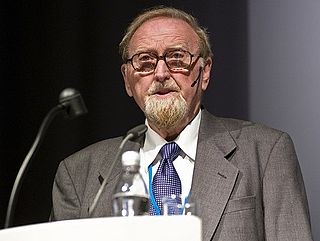A Quote by John C. Bogle
At the beginning of my sophomore year at Princeton University, I took my first economics course; our textbook was the first edition of Samuelson's 'Economics: An Introductory Analysis.'
Related Quotes
I found marketing to be highly descriptive and prescriptive, without much of a foundation in deep research. I brought in economics, organization theory, mathematics, and social psychology in my first edition of Marketing Management in 1967. Today Marketing Management is in its 15th edition and remains the world's leading textbook on marketing in MBA programs. Subsequently, I wrote two more textbooks, Principles of Marketing and Marketing: an Introduction.
My mother and my father taught me to look at the actual problem, not the face of it, not the veneer of it. So for me, I was never - I was impressed that it - racially, I was impressed, right, but now in America it's about economics, and it's been about economics, and honestly, everything's been about economics since I don't want to say the beginning of time, but it's been about economics for a long while.
As I talk about strengths and weaknesses in academic economics, one interesting fact you are entitled to know is that I never took a course in economics. And with this striking lack of credentials, you may wonder why I have the chutzpah to be up here giving this talk. The answer is I have a black belt in chutzpah. I was born with it.
January is the beginning of a new year for us in the Western world. Let us give to God what belongs to him: the first hours of our day, the first month of the year, the first of our increase, the first in every area of our life. It's devoted... The principle of first fruits is that when you give God the first, he governs the rest and redeems in.

































